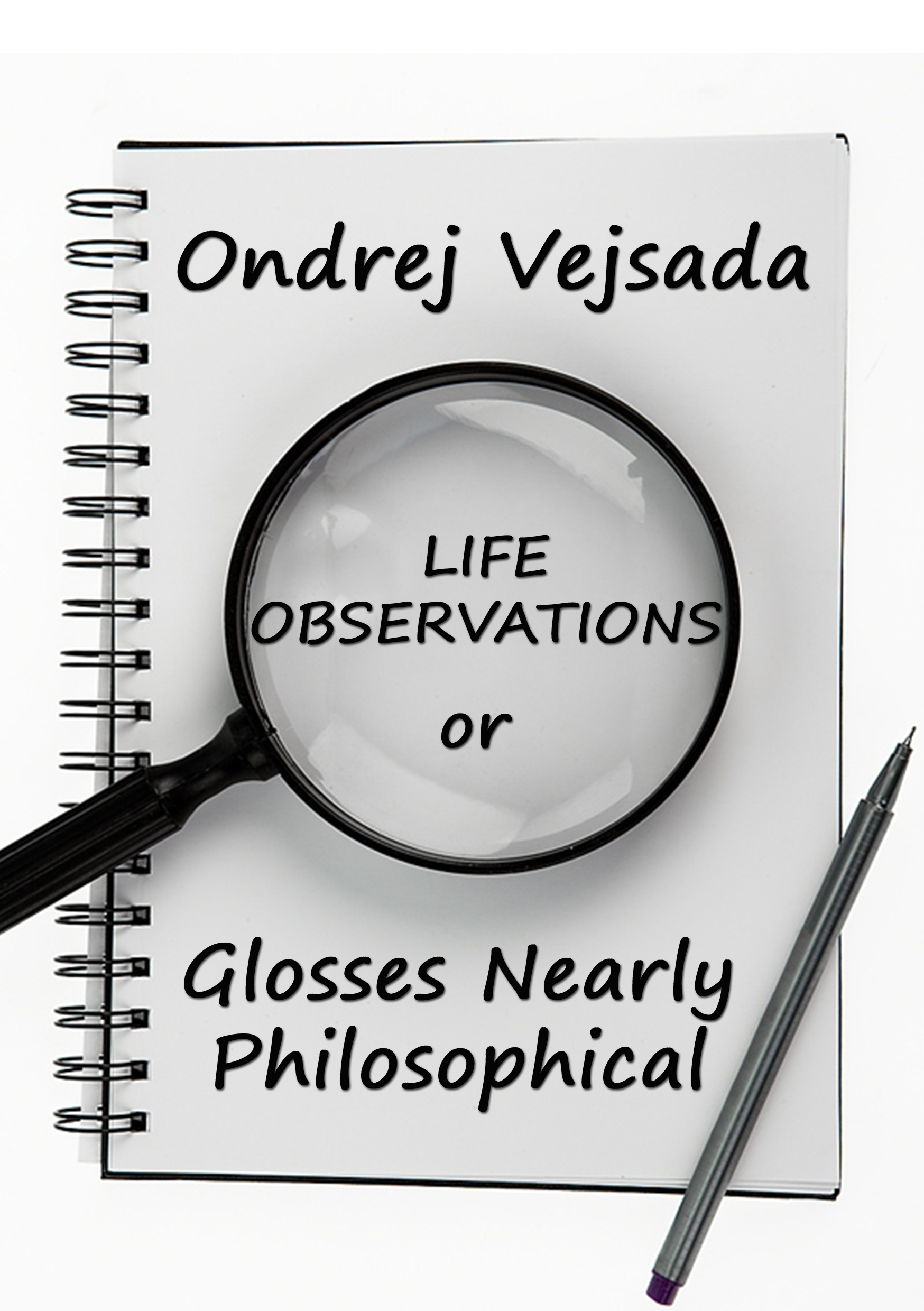
Examples of my discovered and cleaned blocks or maybe you have it too 😉
And actually, almost at the very end, I thought you’d like to take a little peek into the privacy of my cleaning and read about my block-negation-program examples too, and either laugh heartily – nothing makes you as happy as the misfortune of another, right? 😉 Or they found also lessons for themselves and their cleaning. Okay, all right then, you tabloids 😉
The first example, when written like that, comes across as very comical indeed (at least to me), but believe me, I was almost shocked at how much all sorts of negation and nastiness I found in this „story“. Yes, it is actually more about „Santa Claus“ on Christmas Eve and gift giving. I mean, it’s about the fact that my parents, and in fact the whole neighborhood, claimed that Santa Claus brings presents at Christmas. Do you know what that might have led to? I wasn’t (well, maybe) such a stupid kid, so I logically figured that if he was somewhere in heaven and then brought presents, he must see and hear me, so why would I write him a list and put it outside his window, right? So I decided to tell him right away! Well, I basically prayed – without knowing what it meant, of course = I just said my list of what I wanted to heaven in the evening, in my crib before bed. Funny? Maybe, but do you understand the depth of this trouble when children are lied to, even in good faith?
I don’t know, I don’t remember how my parents arranged it at the time, but I gave in and wrote messages as I should, and again – being naturally suspicious, I wanted to test it, to check it out, and so I told them once that I put the list outside the window and it really disappeared by morning, and the second time I didn’t tell them and imagine = it didn’t disappear!!! Well, I won’t stretch it any further, in short, I remember again very clearly how I thought that they were lying to me in a normal straightforward way and that they were probably lying to me about other things as well and that I wouldn’t trust them anymore. And back, it was already while cleaning, I discovered programs like =it doesn’t work, it’s useless, nothing exists etc. And of course all the negations towards people = they lie to me, they can’t be trusted, etc.
The second, less garish and also less noticeable example is when my mother discovered my written list of plans I was working on, specifically the point when I was researching whether I could catch other programs on our TV (meaning, for example, „Poles“, because at that time there was only CT1 and CT2). She reacted, probably innocently, but something to the effect that I was interested in bullshit and that I should do something proper. It was no big deal, but what did it lead to for me? It may or may not be strange, it doesn’t matter in the end and it’s up to each of you to judge, but I’ve hardened in myself that I mustn’t wish for anything and especially I mustn’t write it down anywhere, lest someone discover it and it be embarrassing again…or at least I wasn’t embarrassed… In the same way, I’ve noticed that if I show a really serious interest in something, when I’m „naughty“, she’ll forbid exactly what I’m interested in – so I figured that if she can’t see what I’m interested in (I’ll hide my emotions), she won’t think of forbidding it = the devastating consequences of that decision you can certainly imagine for yourself…
The lesson, at least for myself, I see mainly in the fact that what we find perhaps embarrassing, stupid, trivial – all of these are perhaps just „rationalizations“, i.e. the psychological defense of the organism against the renewal of an unhealed psychological wound = so I downplay it and that’s it. Only it isn’t, because the feeling stays there and you know the rest. Besides, it’s a big deal for the child, a big experience, etc., so there’s no point in judging anything retrospectively, but through the eyes of that very child…
And maybe one more lesson I see there. It’s all about = be careful what you wish for 😉.